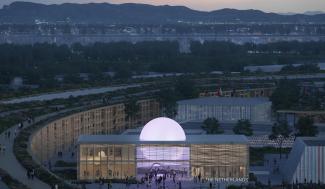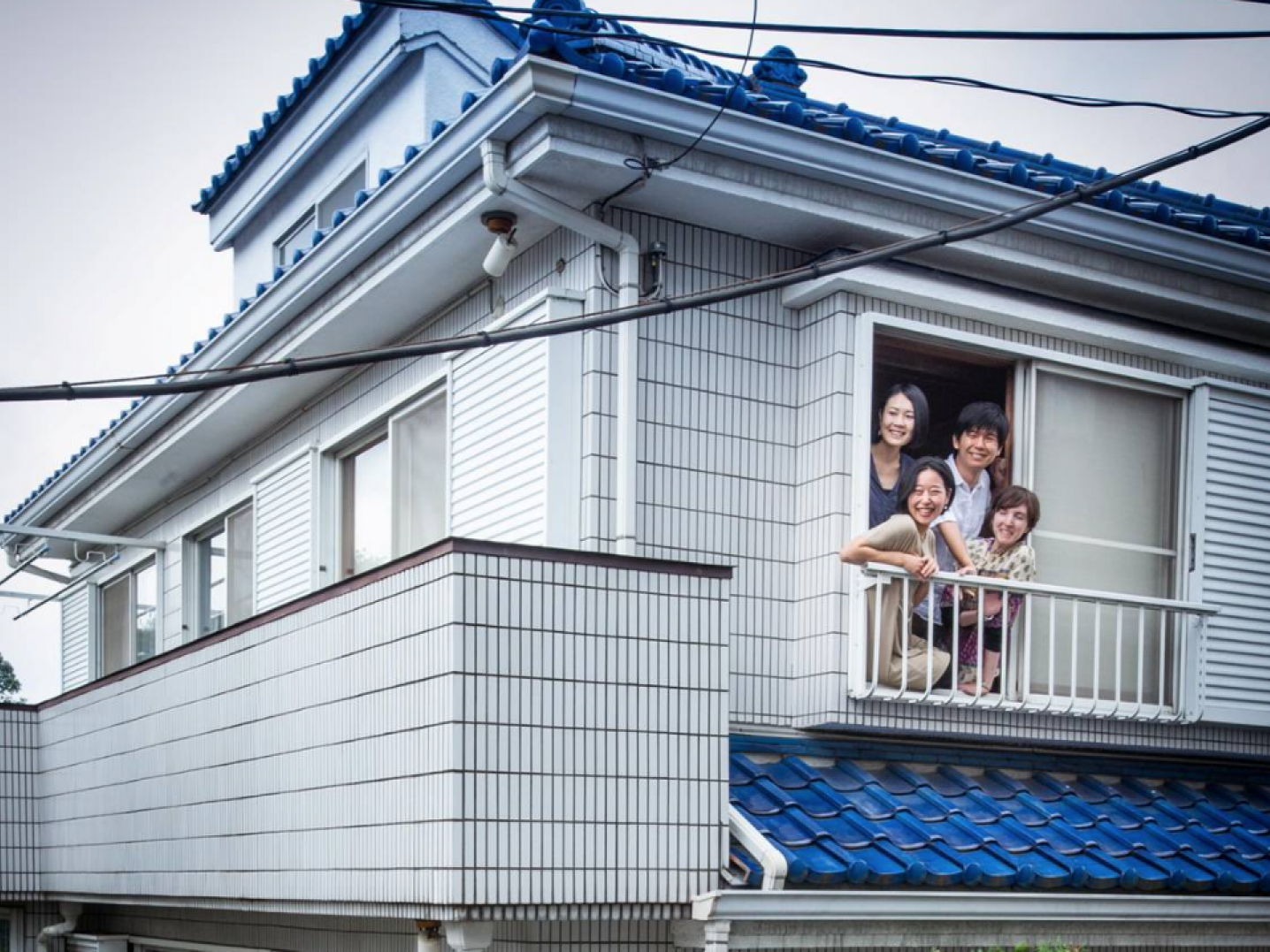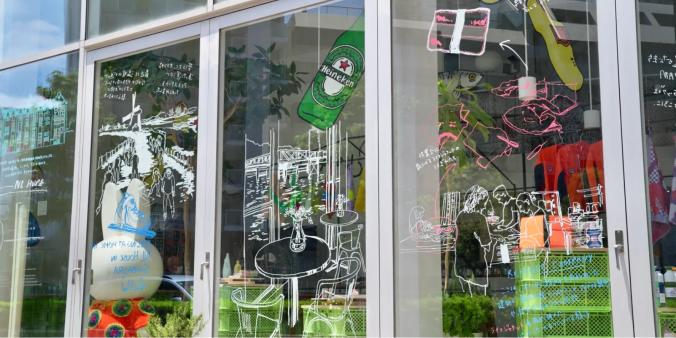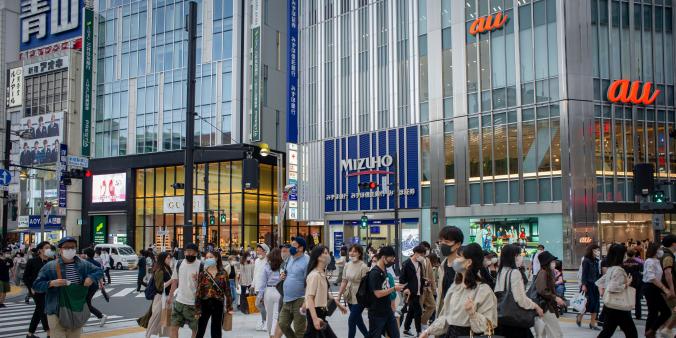
The 2025-2028 Dutch International Culture Policy (ICP) in Japan aims to create opportunities for Dutch creative professionals, cultural entrepreneurs, and institutions to strengthen their international presence. Building on long-standing Dutch-Japanese relations and existing networks, the ICP will enhance the Dutch cultural sector’s reputation, support bilateral diplomacy, and leverage cultural innovation to advance the UN Sustainable Development Goals (SDGs).
Looking back 2021-2024
The 2021-2024 policy period faced early challenges due to COVID-19 travel restrictions, which were only lifted in October 2022. However, dynamic online initiatives provided alternative avenues for cultural exchange. Despite these obstacles, the Netherlands successfully presented a cultural program at the Tokyo Olympic and Paralympic Games (NL-Kanto), showcasing Dutch arts and culture.
Following the easing of travel restrictions, Dutch cultural activities in Japan surged, reaching 728 events in 2023 (DutchCulture database), making Japan the 7th largest destination for Dutch cultural exchange worldwide. Traditional craftsmenship also remained a focus, particularly the successful ceramics collaboration with Saga Prefecture in Arita.

Context and outlook
Japan’s cultural policy prioritizes heritage conservation and cultural expression. However, funding for contemporary art and related institutions is declining. At the same time, there is growing interest in addressing social challenges—such as inclusivity and climate change—through culture and the creative industries. Japan also aims to boost its art market and establish itself as a contemporary art destination.
The Ishiba government is expected to focus more on regions outside Tokyo, aiming to make them more livable and attractive. This shift may create new opportunities for Dutch designers, artists, and architects to collaborate with Japanese peers.
2025: A Key Year for Dutch-Japanese Cultural Exchange
The World Expo 2025 in Osaka marks the start of the new International Cultural Policy (ICP) period. The Dutch pavilion will serve as a platform for showcasing existing cultural collaborations and supporting emerging Dutch artists. The goal is to foster sustainable partnerships that extend beyond 2025.
Additionally, 2025 marks the 425th anniversary of Dutch-Japanese relations. A six-month cultural program at the Expo will highlight Dutch creativity across disciplines, reinforcing the Netherlands’ international cultural presence. The program will blend historical ties with a modern, inclusive, and diverse artistic vision.
Cultural Highlights 2025-2028
Several major Dutch cultural initiatives will take place in Japan:
- Kroller-Muller collection (2025-2027)
- Rotterdam Philharmonic Orchestra tour (2025)
- Royal Concertgebouw Orchestra biennial tours
- Electronic music performances at major festivals
Both Japan and the Netherlands emphasise socially engaged art, particularly its role in advancing the Sustainable Development Goals (SDGs). Dutch institutions such as Movies that Matter (film & human rights), Pride Photo Award (LGBTIQ+ photography), and Introdans/Landfes (inclusive dance) will continue collaborating with Japanese partners.
Cultural Heritage Collaboration
Cultural heritage remains a cornerstone of Dutch-Japanese relations. Efforts will focus on preserving shared history, including complex topics like World War II, in response to interests from both Dutch survivors and Japanese organisations like the POW Research Network. Collaborative projects will also continue in maritime archaeology and historical sites like Hollandsche Begraafplaats.
This strengthened cultural exchange aims to build lasting partnerships and deepen mutual understanding between Japan and the Netherlands.
Information & advice
Would you like to receive more information regarding opportunities for cultural exchange with Japan? Feel free to contact our advisor Ian Yang with your questions.
The Embassy of the Kingdom of the Netherlands in Japan
Japan requires additional effort in terms of language, culture, communication, and investment. With an extensive network in the cultural sectors of both the Netherlands and Japan and deep knowledge of cultural institutions and key figures, the Dutch Embassy in Tokyo provides advice on cooperation opportunities.
The Embassy also offers seeding grants to cultural institutions in Japan—such as artist-in-residency programs, museums, and art festivals—that feature Dutch creatives. Additionally, it supports initiatives that promote international heritage collaboration, aiming to enhance knowledge about the shared history, values, and freedoms between the two countries. The Embassy's broader goals include sustainable preservation, management, and accessibility of heritage, as well as the protection and promotion of intangible heritage.
Furthermore, the Embassy remains actively involved in the EUNIC Tokyo cluster, working to develop new initiatives and secure additional funding through programs such as the Cluster Fund Call and Spaces of Culture. The EUNIC Kansai cluster, centred in Kyoto, serves as a strategic base in the region, particularly for artist-in-residence programs.
The Embassy also collaborates closely with colleagues in Beijing and Seoul to enhance coordination and synergy in Dutch cultural cooperation across East Asia.




